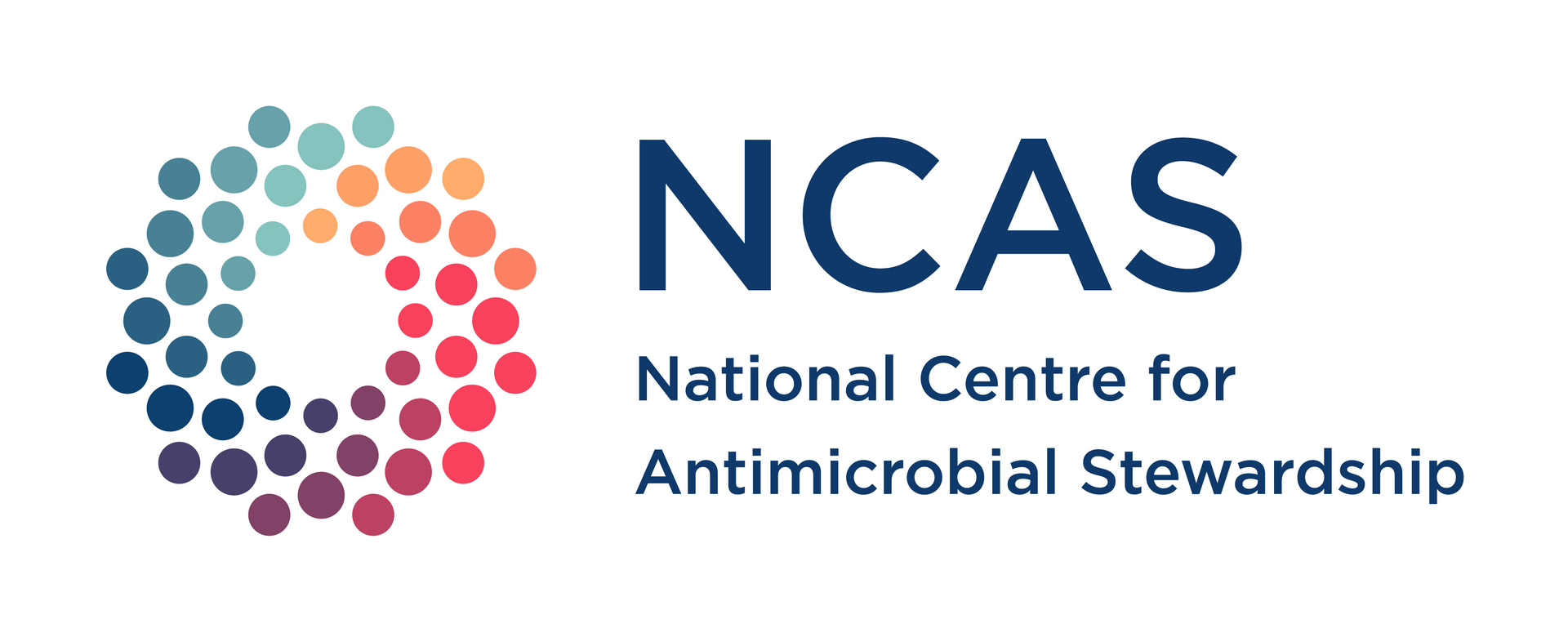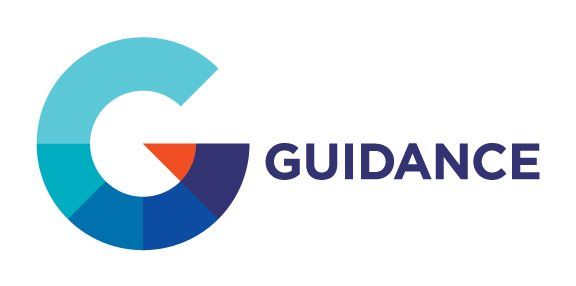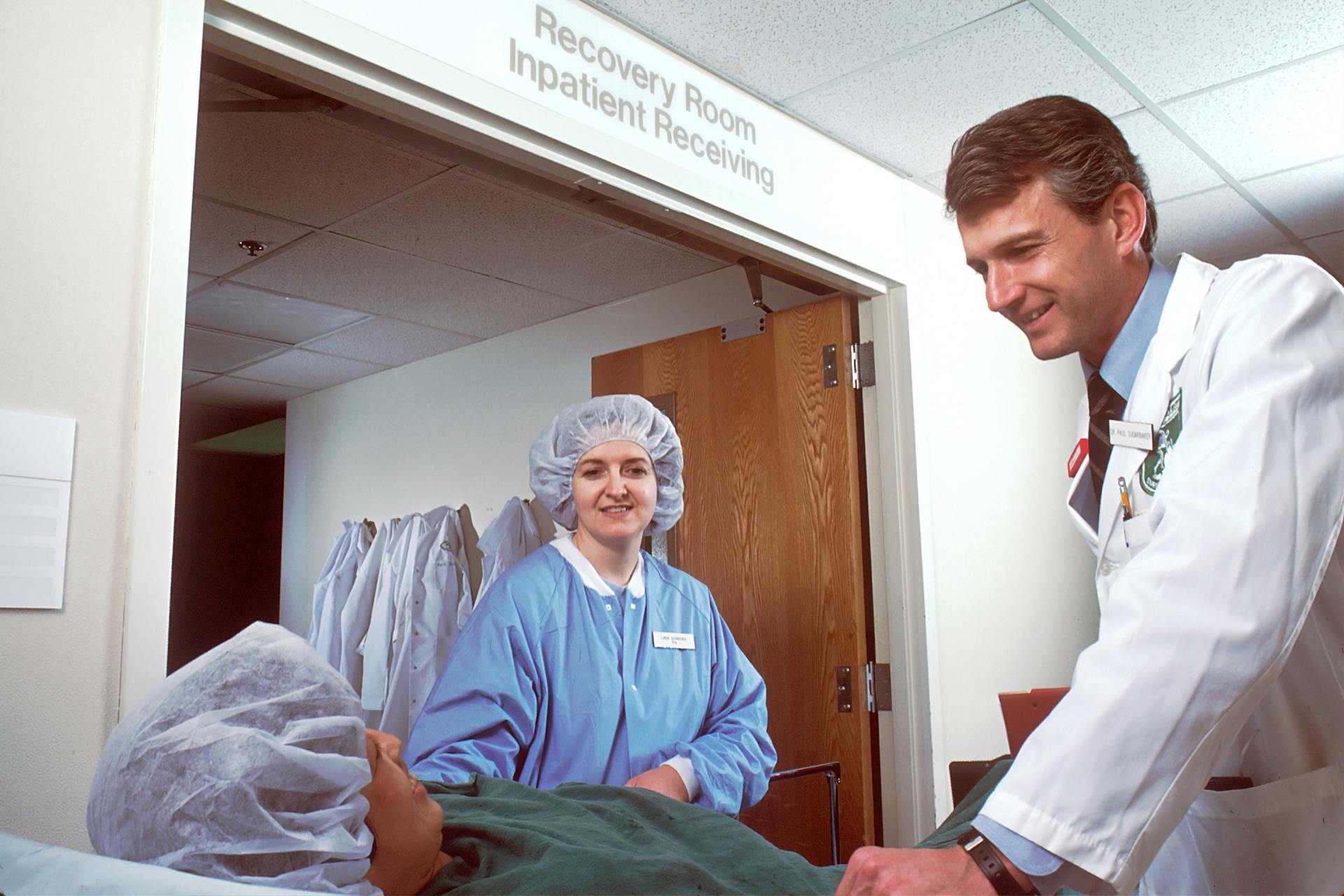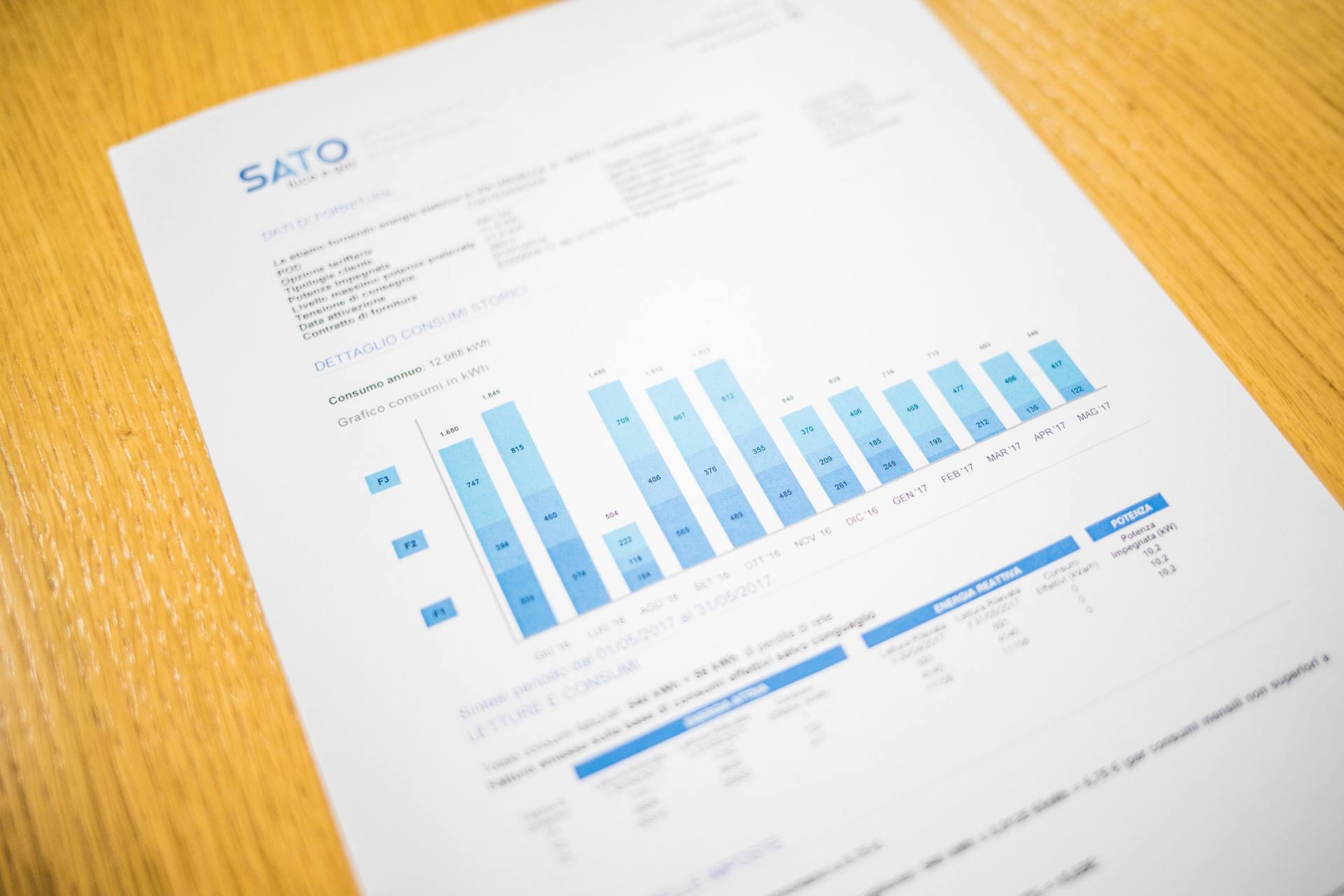Antimicrobial Stewardship
Resources
Online AMS courses
University of Dundee (Scotland)
British Society of Antimicrobial Chemotherapy (United Kingdom)
Antimicrobial Stewardship: Managing Antibiotic Resistance
This free course is conducted over a 6-week period and the course runs approximately 3 times per year. It requires approximately 3 hours per week and the course content is delivered via a mixture of lectures, articles and online discussion groups.
Although the course covers many topics and themes, it is geared towards well-resourced hospitals. The content includes information on:
- antimicrobial resistance, the impact of resistance and how resistance develops;
- starting an AMS service in a hospital – how to start an AMS service, who needs to be involved, and what strategies and interventions could be implemented;
- measurement – the importance of measuring antibiotic use, how and what to measure and how to measure the quality of antibiotic use;
- the role of diagnostics – why diagnosis is important, how conventional and novel diagnostics can coexist, the role of biomarkers, the role of electronic clinical decision support systems (CDDS) and pharmacokinetics and pharmacodynamics of antimicrobials;
- behaviour change – behaviour change techniques and the important role of culture and team dynamics in AMS; and
- the final section of the course is focused on real life examples from hospitals in South Africa, India and Scotland about some AMS interventions that they implemented and how they were able to achieve “quick wins”.
Society of Infectious Diseases Pharmacists (United States)
Antimicrobial Stewardship Certificate Program
An online certificate program consisting of 3 Phases. A practice-based course with an American focus and cost associated. The course has a few defined objectives.
- Outline the essentials of clinical microbiology, pharmacology, pharmacokinetics, pharmacodynamics, and infectious disease state management necessary in AMS.
- Identify the skills needed to establish an AMS program.
- Implement interventions to improve patient care, minimise resistance and cost, and prolong the longevity of antimicrobials through a cap-stone project.
- Explain how to evaluate the effectiveness of an antimicrobial stewardship program through the measurement of outcomes.
- Define the interaction between pharmacy and infection control.
Making a difference in Infectious Diseases
MAD-ID Antimicrobial Stewardship Training Programs
MAD-ID offers two antimicrobial stewardship training programs:
- The basic program: designed to teach the basic skills and provide an overview of antimicrobial stewardship practice needed to develop an antimicrobial stewardship program.
- The advanced program: designed to meet the needs of pharmacists, physicians and other providers that have some antimicrobial stewardship experience and/or basic skills in this area. CPE and CME credit for didactic portion are provided by MAD-ID and NFID, respectively.
Stanford University, Stanford Centre for Continuing Medical Education (United States)
Antimicrobial Stewardship: Improving Clinical Outcomes by Optimization of Antibiotic Practices (CME)
This course is delivered through video lectures.
This course comprises of an introduction and 4 modules:
- Introduction
- Module 1. Principles of Antimicrobial Use
- Module 2. Optimal Management of Common Infections
- Module 3. Essential Functions of ASP
- Module 4. Advanced ASP Activities
- Course Wrap-up
Suitable online resources
Australian Commission on Safety and Quality in Health Care (Australia)
National Safety and Quality Health Service Standards
This document outlines all the requirements that hospitals must satisfy for accreditation. The second edition was released in 2017, and updated in May 2021 following review of the Preventing and Controlling Infections Standard. Assessments against the revised version of the Preventing and Controlling Infections Standard commenced from 1 January 2022. The current AMS actions are 3.18 and 3.19.
This document supplements the National Standards (described above) and outlines how the hospital accreditation process works and what type of evidence hospitals need to provide to meet each of the accreditation requirements. There are several implementation guides for these Standards and one in particular for multi-purpose services and small hospitals.
Antimicrobial Stewardship Clinical Care Standards
These clinical care standards outline how individual clinicians should deliver best practice care when prescribing antimicrobials.
Antimicrobial Stewardship in Australian Health Care
This document summarises the current evidence about AMS programs in hospitals and provides strategies and resources for implementation.
New South Wales Clinical Excellence Commission (Australia)
The NSW CEC contains a number of useful resources to assist hospitals in establishing various aspects of their AMS program.
Antimicrobial Stewardship Toolkit
The tools cover the following topics:
- overview;
- forming an AMS team and committee;
- developing an AMS policy;
- introducing antimicrobial restrictions;
- building local antibiograms;
- measuring your AMS program;
- clinician engagement; and
- mobile applications to support AMS.
There are also fact sheets, displayed in a colourful and easy-to-read format, which cover the following topics:
- AMS teams and committees;
- monitoring and reporting antimicrobial usage;
- key performance indicators for AMS;
- antimicrobial restrictions for small to medium-sized hospitals; and
- antimicrobial restrictions for medium to large-sized hospitals.
National Centre for Antimicrobial Stewardship (NCAS) (Australia)
NCAS is a Centre of Research Excellence based at the Peter Doherty Institute for Infection and Immunity at the University of Melbourne and Royal Melbourne Hospital. NCAS is a key national body for antimicrobial stewardship in Australia, bringing together many of the essential groups in the scientific community that have an interest in antimicrobial resistance and antimicrobial stewardship, and covering both veterinary and medical sectors.
National Antimicrobial Prescribing Survey (NAPS)
The NAPS is a series of quality improvement audit tools that are available to hospitals and aged care homes and facilities to monitor the quantity and quality of antimicrobial prescribing. The hospital NAPS is currently being conducted by approximately 320 hospitals annually and contains automated reports for immediate feedback to the participants. Currently, the NAPS is available internationally in Australia, New Zealand, Fiji, Canada and Malaysia, and can be expanded to other countries. Further details and national publications can be found
here.
Centres for Diseases Control and Prevention (United States)
Core Elements of Hospital Antibiotic Stewardship Programs
This document describes 7 core elements of hospital AMS programs and suggests some activities for each of these. There is a useful checklist that hospitals can work through.
Antimicrobial Stewardship Program Assessment Tool
This tool is a companion to Core Elements of Hospital Antibiotic Stewardship Programs and provides examples of ways to implement the Core Elements.
National Quality Forum (United States)
Antibiotic Stewardship in Acute Care Playbook
The Playbook includes examples for implementation, common barriers and suggested solutions, sample tools and resources. It also provides a flexible framework for hospitals to create high-quality antimicrobial stewardship programs that meet the needs of their communities. This document has based on the CDC Core Elements document and suggests some practical examples of activities that hospitals can conduct to support each of the CDC’s 7 core elements. The implementation examples are divided into three levels (basic, intermediate and advanced) and there are also sections on potential barriers and suggested tools and resources. Note, this document has been written for an American audience; however, much of the document would still be broadly applicable to developing countries.
Center for Infectious Disease Research and Policy (CIDRAP), University of Minnesota (United States)
Provides links to many international resources and regular updates on the latest research on AMS from around the world.
Resources for Antimicrobial Resistance Awareness Week
World Antimicrobial Resistance (AMR) Awareness Week occurs in November each year and provides a good opportunity for AMS programs to highlight the importance of AMR and AMS. There are several resources available from various countries.
This website contains a number of campaign materials, including posters, infographics and a campaign toolkit.
Australian Commission on Safety and Quality in Health Care (Australia)
This website includes ideas for activities that hospitals can implement and examples of presentations that AMS clinicians can present to the wider hospital audience to educate them on the importance of AMS.
Clinical Excellence Commission (Australia)
This website contains tools to support some activities that hospitals can conduct during AWW, including a photo campaign to engage the hospital workforce, and educational talk for nursing staff and an information sheet for patients and carers.
European Antibiotic Awareness Day
United States Antibiotic Awareness Week




















